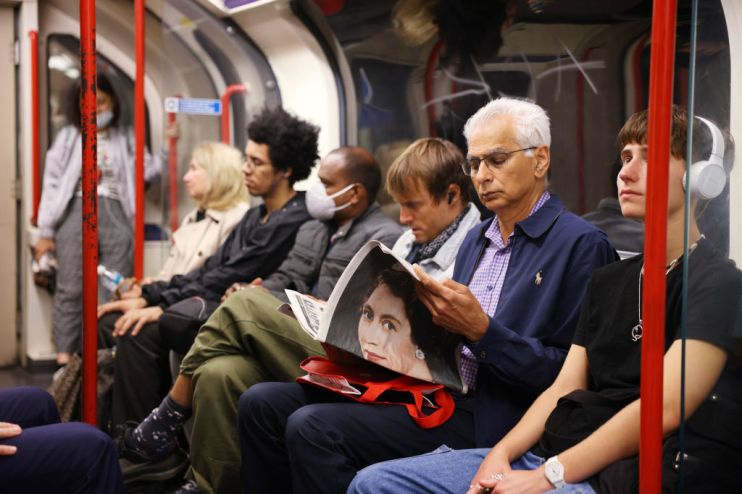Don’t hate us if you ain’t us: anyone can be a Londoner and that’s how it should be

Like many Londoners, this city is central to my identity. I am a proud Londoner before I am British, English, or European. It is the “go-to” self-description for many of us – but what does it mean to be a real Londoner?
Let’s clear one thing up straight away. Many cities and regions require you to be born and bred there to genuinely be considered a local. Famously, you can’t be Cornish until you have lived in Cornwall for at least three generations. And good luck trying to convince people you’re a Liverpudlian or Yorkshireman if you’ve only moved there as an adult. Some cities even have prominent legal definitions; for instance, it’s hard for expats in Singapore or Dubai to be seen as authentically “local” as native-born citizens, who have a far fuller set of legal rights.
But London is different. According to the ONS last year, of the almost 9 million people living in London at the time of the most recent UK estimates, 37 per cent were born outside of the United Kingdom. I’d expect that most of those 3.3 million describe themselves as Londoners. And, partly because London is so multi-cultural and all-embracing, people born abroad are widely accepted as Londoners by those born and bred in the capital.
There is no social class or wealth level that makes one Londoner more “real” than any other. In comparison, in Rio de Janeiro, the wealthier Brazilians frequently talk about “real Cariocas”: the prevalent belief is that you need to be poorer to “count”, in their eyes, as a fully authentic local. In London, we have folk memories of the East End cockney but this was always just one of the many types of Londoner. Hugh Grant, poshly spoken and born-and-bred in West London is just as much a Londoner as the great Michael Caine, with his trademark accent, brought up in Southwark.
Some people argue that Londoners are unfriendly – the classic visitor from a small Northern town may think it’s awful that we don’t speak to each other on the tube, bus, or in elevators. But that’s because they haven’t yet understood that a Londoner’s silence in crowded spaces is an act of respect – we allow others to be in their space, in their own heads, without interruption. In this busy city, we know it would be unbearable if everyone talked to everyone else.
Some see Londoners as arrogant. But more often than not, that’s because we are proud of our extraordinary city and wouldn’t want to live anywhere else. Sometimes that pride is amplified by our enviable proximity to diverse cultures, the great restaurants, shows, and artistic culture of London – much of it, like the museums and galleries, with no cost of entry for either locals or visitors.
So what makes a Londoner is not a look, a birth-right, an accent or a class. I’d argue that, once you’ve mastered the transport system and understood the relative geographies of the main London areas, you can quickly become a Londoner simply by adopting a London mindset.
Londoners tend to share an attitude of openness, of being unshocked by difference and comfortable with diversity. Perhaps Londoners are best defined by not imposing standards or definitions on each other and instead by letting our neighbours experience life, and London, as they each wish.
